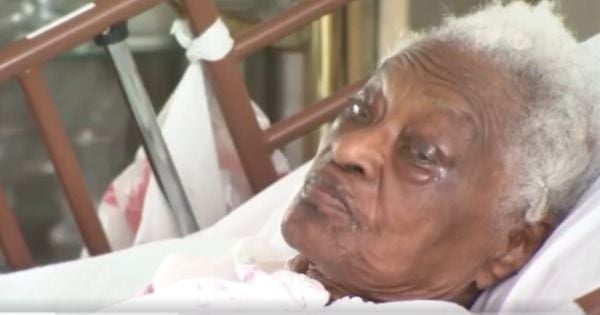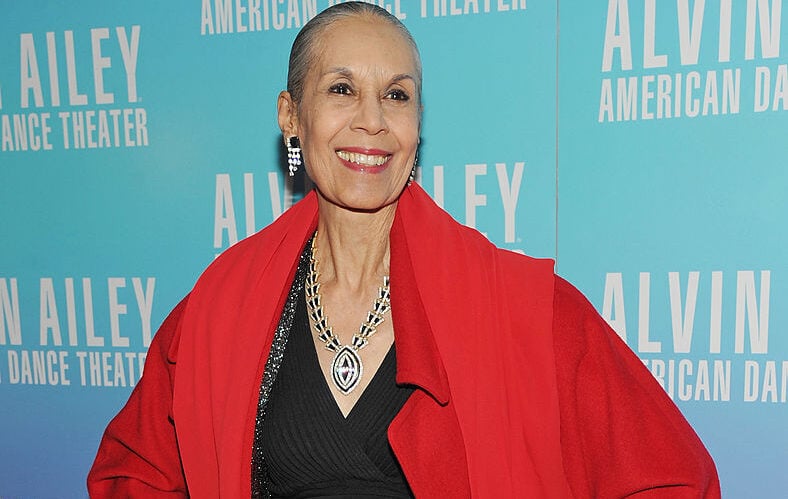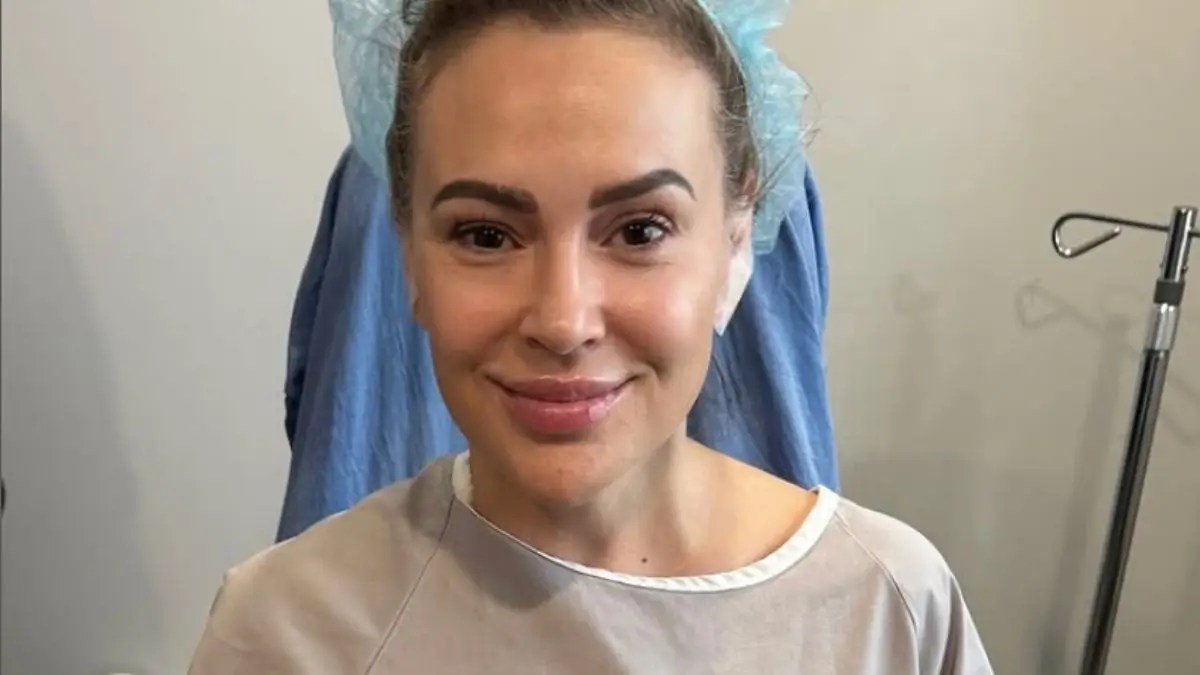I’m A Student On Food Stamps. My Future Depends On Congress


Most Sundays, I take two trains and a bus just to buy groceries, not because I’m picky, but because few stores near my college campus accept my EBT card.
In Washington, D.C.’s, wealthy neighborhood of Woodley Park, there aren’t many grocery stores. Up a hill and down Connecticut Avenue, there are two overpriced markets I visit only when I’m in desperate need of essentials like bread and milk. But for my regular weekly grocery runs on Sundays, I take the red line to Dupont Circle and then catch a bus to the Safeway on Wisconsin Avenue. They are one of the only places nearby that accepts my EBT card.
When the news about the government shutdown broke, my first thought went to other people before it landed on me. I thought of my cousin, a TSA agent at Newark Liberty International Airport, and how, because of this indefinite shutdown, she worries she won’t be able to pay rent and support her two children. She balances bills that won’t wait for Congress to make up its mind. Then, I thought about the intimate, private corners of my life: my EBT balance and the grocery list I craft to last me into the week. It took me three weeks to figure out that I, too, would feel the brunt of this devastating situation.
The current shutdown began after lawmakers failed to reach a deal to fund the government, leaving programs like SNAP in limbo.
I applied for SNAP benefits in March 2025. After a long process, my EBT card arrived in the mail, and my monthly benefit of approximately $230 became my lifeline amid the mounting expenses of being a full-time, first-generation college student.
Across the country, more than 40 million Americans rely on SNAP benefits, including hundreds of thousands of college students like me who fall between the cracks of aid systems built for families, not young adults.
I work three jobs and haven’t had a meal plan since my sophomore year of college. So when politicians start talking about “funding lapses” and “temporary measures,” I see those as euphemisms for skipped meals and undermining my education. For me, the shutdown is not an abstract dispute; rather, it’s imminent arithmetic.
Do I stretch this month’s budget to the last cent and hope for a funding miracle? Do I buy cheaper, less nutritional food and pray it will hold me through? Do I skip my classes and pick up another shift at work, knowing that missing out on my education could delay my matriculation into my dream graduate program? These questions are immediate, and they’re visceral.
If the benefits stop, my choices are cruelly simple. I can either pay rent or eat. Pay for my graduate school applications, or fill my stomach. That cost is measured not only in dollars but also in the small, dwindling hopes that come from a chronic scarcity mindset.
I am used to hustling.
This semester, I picked up another job, now juggling three positions while taking up 18 credits. My weeks are spent at my internship and editing, while my nights and weekends are spent working the front door of a nightclub. But there is a distinct humiliation in worrying publicly about food. I have to learn to toe the line between asking for help and avoiding the pity that I was raised to deflect. I also have to learn that shame is contagious, and that silence keeps the problem invisible to decision makers who are far removed from the reality we face. After all, they’re still getting their paychecks.
In November, I must start making painful decisions about where to spend money and which priorities are essential. Food is at the top of my list, while the future of the program I rely on is uncertain. I would ask that policymakers remember that when they shut the lights on federal programs, they’re also turning off a student’s ability to attend class the next day with a clear head and a full stomach. It’s hard to focus on lectures about democracy when you’re running on caffeine and worry.
There are thousands of students like me who are juggling jobs, classes, food insecurity, and now a shutdown that threatens to pull the rug out from under us. The silence around our anxiety makes it worse. But here we are, and our futures are on the line.
So I will keep working my jobs. I will keep going to class. I will keep showing up. But I will also keep telling this story. Because if my experience can make the abstract concrete, then maybe the next time politicians contemplate cutting safety nets, they’ll recall the faces behind the numbers.
I don’t know exactly what November will bring, but I do know about the urgency of hunger. And I find it hard to be polite about that fact.
Dru Strand is a senior at Howard University majoring in journalism. She also works as a digital journalism intern for AARP and Variety section editor of The Hilltop, Howard University’s collegiate newspaper.
What's Your Reaction?
 Like
0
Like
0
 Dislike
0
Dislike
0
 Love
0
Love
0
 Funny
0
Funny
0
 Angry
0
Angry
0
 Sad
0
Sad
0
 Wow
0
Wow
0
































